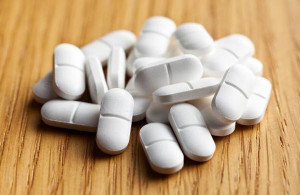The worst thing ever would be if the stuff that is supposed to be good for you actually wasn’t good for you–and could actually kill you. While the New York Post isn’t exactly known for their patience, they did decide to use the headline “Your Oatmeal May Be Killing You” after reports came out in the New York Times New York Times stating that testing found traces of “glyphosate in some Quaker Oats oatmeal.” Thus begins the so-called “Oatmeal Lawsuit.”

For those that don’t know, glyphosate is a harmful chemical and can kill you in mass quantities. According to the article in the Times, the chemical was “detected in the oatmeal falls well below the limit set by federal regulators for human consumption….Since oats require less herbicide spray than many other grains, there is less risk of pollutants and groundwater contamination.” The result of this is the “oatmeal lawsuit, “a class-action claim where the plaintiff is seeking $5 million in damages, according to the New York Post. The claim points out that the “100% Natural” claim is actually “‘false, deceptive and misleading,’ because the company uses…glyphosate in processing its oats.”
Obviously this case falls under a number of areas and will be interesting to watch from a product liability and false advertising level. Additionally, the presence of a harmful chemical could bring other agencies and regulatory groups into the mix. This venerable company, founded by Ferdinand Schumacher in Akron, OH in 1850 has certainly been around for awhile and has seen worse–but it certainly can’t exactly help their image and their market share in the ever-growing oatmeal market.

